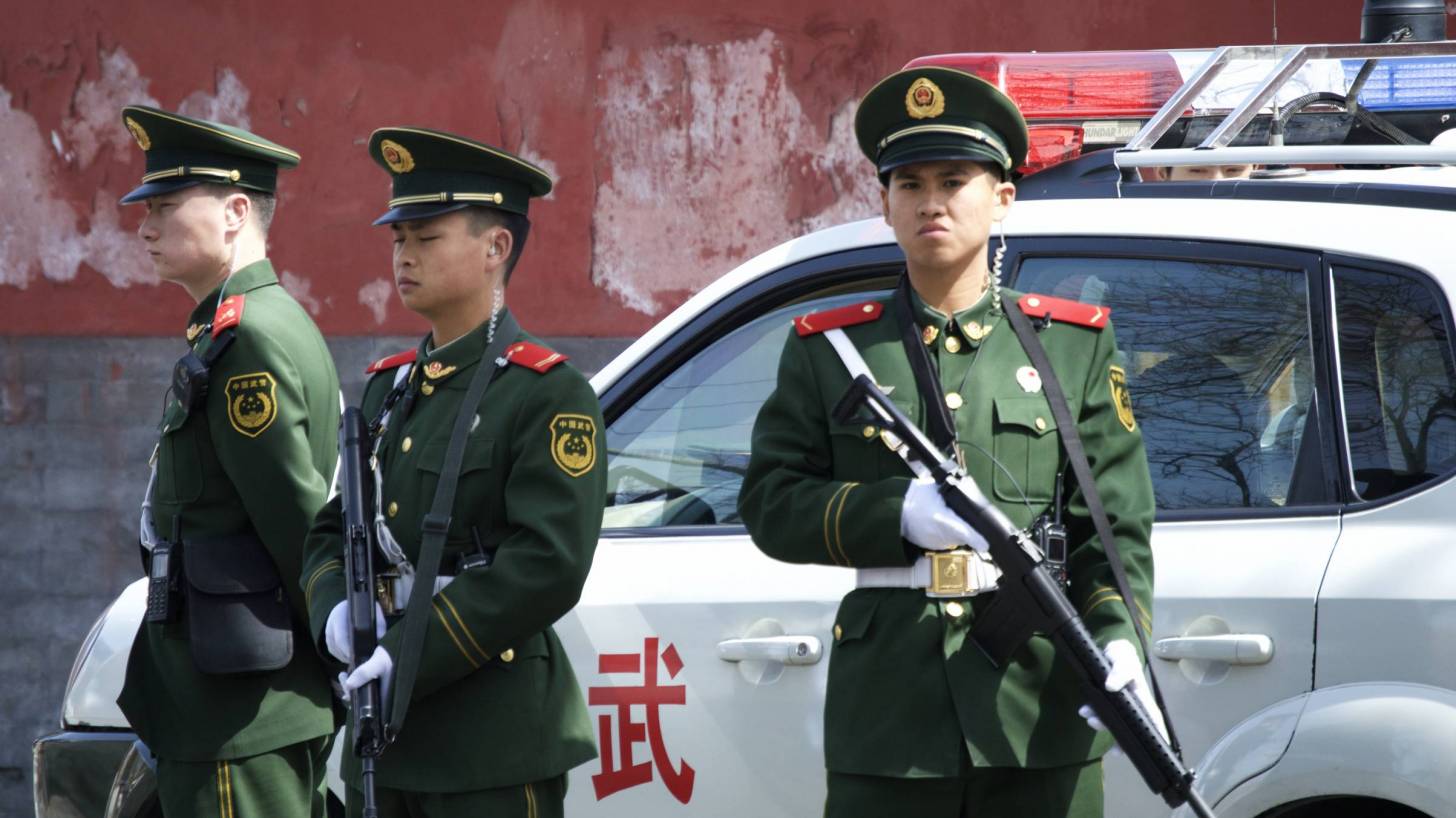Posted on: March 29, 2022, 06:42h.
Last updated on: March 29, 2022, 01:45h.
More than a dozen people face prosecution in China for their involvement in illegal online gambling. They allegedly have ties to sites in the Philippines, which could lead China to pressure that country to be more proactive in blocking the activity.

GGRAsia, citing information from China’s China Central Television, reports that China arrested 14 people involved in illegal gambling activity in different parts of the country. They are allegedly part of a single group operating in the Jiangxi, Chongqing, and Fujian provinces.
The underground operation reportedly began more than three years ago. Across the three-year period, the group took in around CNY10 billion (US$1.57 billion) in wagers from around 200,000 gamblers.
The arrested reportedly worked with five unidentified gaming sites in the Philippines. Investigators are still pouring over the data and interrogating the individuals to try to uncover additional assets, targets, or operations linked to the group. With 200,000 gamblers reportedly participating in the activity, there’s a good chance many are now going to be in trouble with the law as well.
China’s policy on gambling is simple – don’t do it. Even Karaoke songs that mention any type of gambling are banned. The country operates lotteries. But those, it asserts, aren’t gambling. Everything else is off the table and prohibited. That didn’t stop a group of people from trying to circumvent the laws. They will likely pay for their illegal entrepreneurism with heavy penalties and forced labor.
Cross-Border Gambling Remains in the Crosshairs
China has increased its focus on gambling and, particularly, cross-border gambling in recent times. It has sent notice to those who would participate, warning that law enforcement would come down on them hard for violating the rules.
China’s Ministry of Public Security announced last week that a multi-organizational initiative is underway to target cross-border gambling. The two-pronged approach will remain in place for at least six months. Officials will work night and day across the country to locate and dismantle gambling operations.
Additional efforts to stop illegal gambling are arriving. The heightened interest is an attempt not only to ensure Chinese citizens adhere to rules and regulations but also to keep money from slipping beyond China’s borders and into other countries.
Transactions Under Examination
One of the new primary targets is the financing structure of the activity. The government is likely to scrutinize even more minutely every financial transaction during the period to uncover any anomaly. Officials also plan to work to shut down or block access to gaming sites and apps that are accessible via smartphones and tablets.
The penalty for organizing gambling trips outside of China is 10 years in jail for the most serious offenders. With that in mind, conducting illegal gambling activity domestically can carry even stiffer sentences.
China believes that other countries need to do more to prevent gambling infiltration into Chinese society. It has successfully pressured Cambodia and others to take action. However, it may not have as much success with the Philippines.
Rodrigo Duterte, the country’s president, made it clear a few years ago that he wasn’t going to submit to China’s iron will. He isn’t likely to change his mind as pressure increases this time, either.
